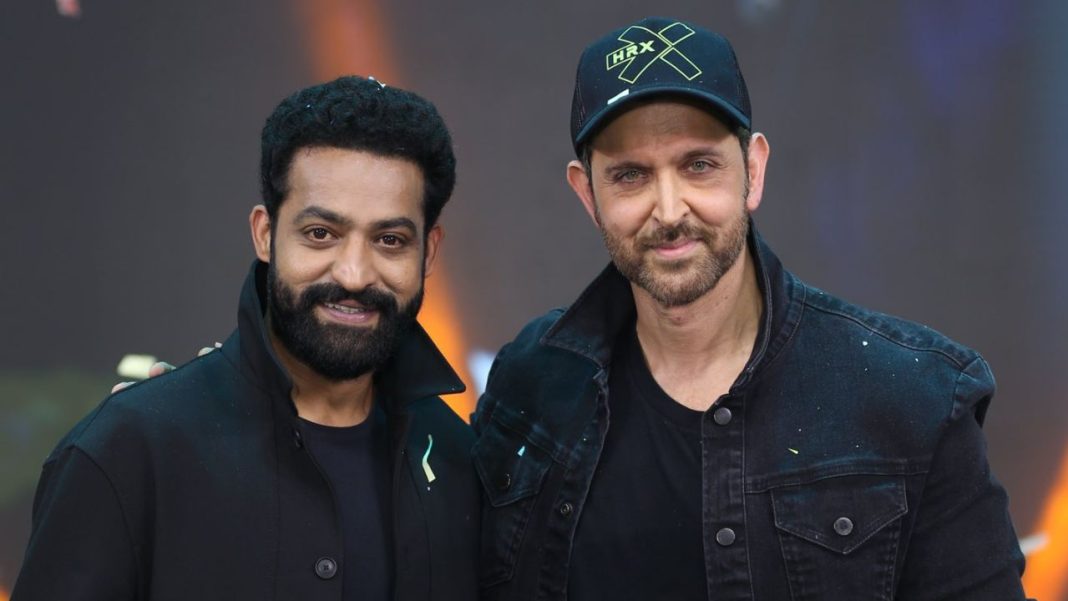As the digital world grows increasingly central to everyday life, many governments are doubling down on internet controls to maintain power, suppress dissent, and monitor citizens.
From full-fledged censorship to sweeping surveillance laws, the internet in many countries is no longer a space of free expression but one of regulation, fear, and punishment. India is ranked at No. 15 with serious punishments for certain internet law breaks.
Top 15 Countries with the Strictest Internet Laws in 2025
1. China
China operates the most sophisticated censorship regime in the world, with widespread surveillance and harsh penalties for online dissent. Its internet is tightly controlled and filtered by the government.
- Great Firewall blocks thousands of global sites and apps
- Use of facial recognition and AI to track online behavior
- Prison terms for online dissent or spreading “rumors”
2. Myanmar
Myanmar’s military government enforces severe digital laws that target VPN use, criticism of the regime, and encrypted communications. Users face jail time for unauthorized access.
- VPNs banned under the Cybersecurity Law
- Three-year mandatory data retention
- Fines or shutdowns for unregistered digital services
3. Iran
The Iranian government restricts internet access and penalizes users for bypassing filters. Digital activism can lead to arrest, and social media is mostly banned.
- Unauthorized VPN use is a criminal offense
- Political activists jailed for social media posts
- High censorship of global news and platforms
4. Russia
Russia criminalizes online content considered “extremist” or “anti-state,” blocks VPNs, and uses advanced monitoring to surveil citizens.
- Fines for searching banned keywords
- Deep packet inspection of traffic
- Nationalization of tech platforms for control
5. North Korea
North Korea offers no real internet access to its citizens. Content is entirely government-controlled, and unauthorized use is punished severely.
- Zero access to global internet
- Only pre-approved content available
- Harsh penalties, including forced labor for violations
6. Vietnam
Vietnam enforces rigid content restrictions, penalizing those who criticize the government. Data must be stored locally and handed over on request.
- Mandatory data localization
- Arrests for anti-government posts
- Cyber military unit monitors political content
7. Saudi Arabia
Saudi Arabia imposes heavy restrictions on content it deems immoral or politically sensitive. Surveillance is widespread and dissent is not tolerated.
- Censorship of LGBTQ+, political, and religious content
- Bans on VPNs and torrenting
- Monitoring of social media activity
8. Pakistan
Pakistan regularly blocks websites and apps, especially during political events. Content critical of the military or religion is targeted harshly.
- 900,000+ URLs blocked
- Temporary shutdowns during elections
- Jail time for “blasphemous” or anti-state posts
9. Cuba
Internet access in Cuba is expensive and tightly regulated. The government controls most communication and punishes anti-state expression.
- Government surveillance of internet activity
- Limited access to foreign websites
- Penalties for organizing protests online
10. Belarus
Belarus uses telecom monopolies to block opposition websites and track users. Political expression online is heavily policed.
- Internet shutdowns during protests
- Bans on independent news portals
- Jail terms for “disinformation”
11. Turkey
Turkey censors dissent and criticism of the state. Thousands of websites are blocked and journalists are frequently prosecuted for online content.
- Criminalization of online “insults”
- Takedowns of opposition news sites
- Arrests for social media posts
12. Egypt
The Egyptian government uses extensive surveillance and censorship laws to control online narratives. Dissenters are regularly arrested.
- Platform bans and site blocking
- Monitoring of encrypted messaging apps
- Jail sentences for “fake news”
13. United Arab Emirates
The UAE blocks political, LGBTQ+, and VoIP services. Surveillance is embedded in ISP services and social platforms.
- VoIP apps banned
- Strict content filtering on social issues
- Government monitoring of chats and calls
14. Ethiopia
Ethiopia enforces internet shutdowns during unrest and censors critical reporting. Authorities control telecom infrastructure.
- Social media blackouts during protests
- Arrests for dissent online
- Filtered access to news and media
15. भारत
India enforces strict takedown laws under the IT Act and frequently blocks accounts or content critical of the state. Platforms face legal threats for non-compliance.
- Government powers to block or remove content
- Platform liability under new digital rules
- Ban threats against international social media firms
While the internet was once seen as a platform for open discourse and connection, it is now a tightly controlled space in many parts of the world. As these 15 countries show, digital repression is becoming a central strategy for authoritarian governance, making it more critical than ever to protect online freedom and human rights in the digital realm.
और पढ़ें: 5 Best VPNs for India in 2025 – Unblock Sites & Stay Safe Online



